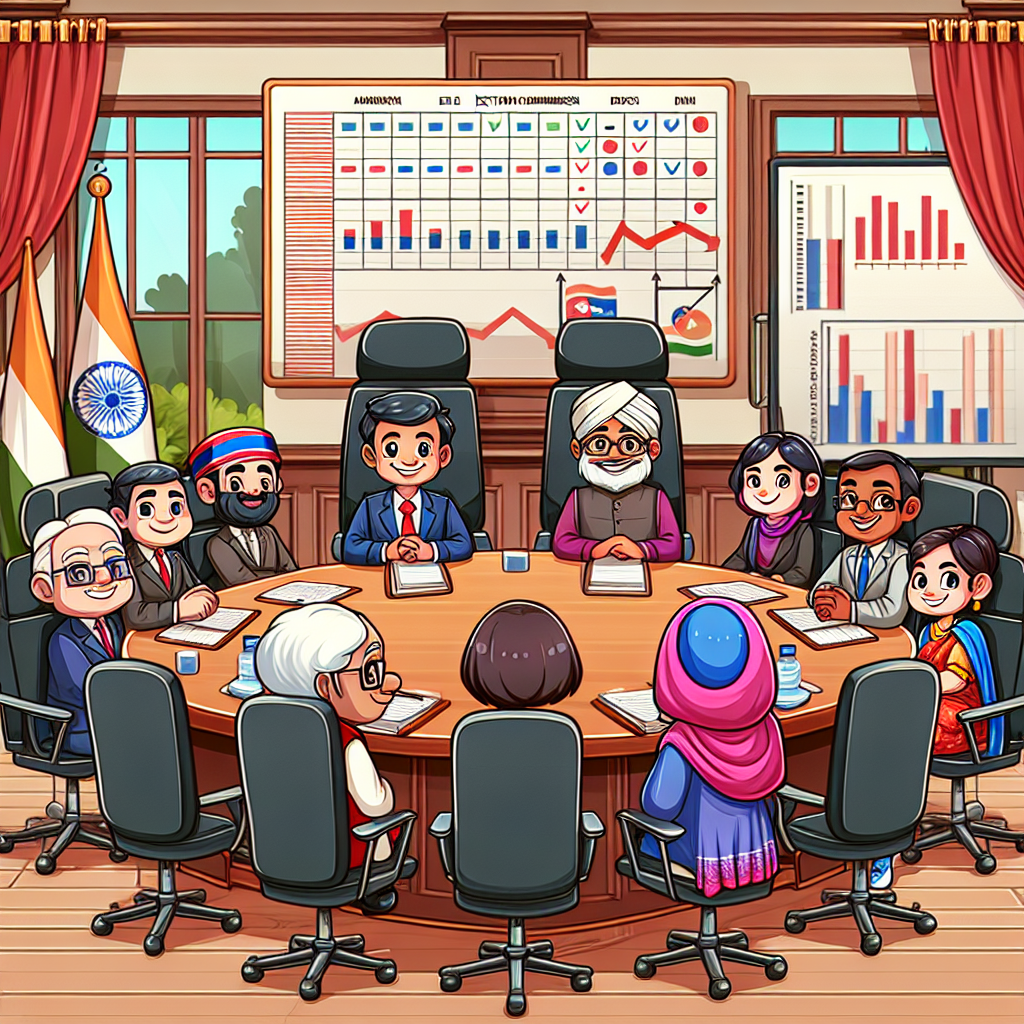Election Turmoil: Can Ishiba Secure Japan's Political Future?
Japanese voters faced a crucial upper house election that could destabilize Prime Minister Shigeru Ishiba's administration. Rising prices and immigration issues challenge his leadership. The Liberal Democratic Party risks losing control, while opposition pushes for tax cuts and public spending, potentially altering Japan's economic landscape.

On Sunday, Japanese voters participated in a closely watched upper house election that could lead to significant political change. Prime Minister Shigeru Ishiba faces challenges from rising prices and immigration worries, threatening his hold on power.
Opinion polls indicate that Ishiba's Liberal Democratic Party, along with coalition partner Komeito, might fail to secure the necessary 50 seats to maintain control of the 248-seat upper house. Smaller opposition groups advocating for tax cuts and increased public spending are expected to gain ground.
The outcome is crucial, as an adverse result for Ishiba could unsettle investor confidence and complicated negotiations with the United States, which are critical before an August 1 trade deadline. Japan's political and economic stability is at stake in this pivotal election.
(With inputs from agencies.)
ALSO READ
The Fed’s Tightrope: Balancing Growth and Inflation Amid Global Tensions
Sri Lanka's Economic Surge: Analyzing Monetary Policy and Inflation Trends
German Inflation Recovers to 2.0% in June
Rahul Gandhi leads opposition parties' march to EC office in Patna against ongoing special intensive revision of electoral rolls in Bihar.
Mexico Central Bank Adopts Cautious Approach Amid Inflation Concerns










